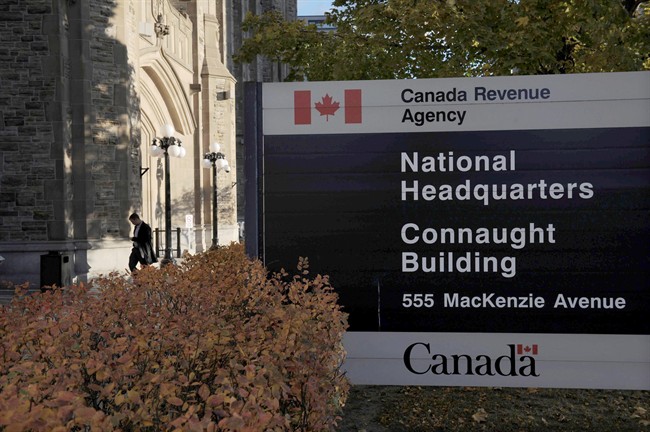OTTAWA – A new research paper for the C.D. Howe Institute says Canada can help combat rising income inequality by taxing people separately for their paycheque and investment income.

The paper’s author says applying a flat rate on investment income would create fairness by closing legal, taxation-avoiding tactics – mostly used by higher-income earners.
Kevin Milligan of the University of British Columbia also recommends adding a tax bracket for annual incomes of $250,000, and perhaps another one at $400,000.
Milligan says the changes could open the door to other reforms on consumption taxes, environmental taxes and corporate taxes – which could help promote economic growth.

Get weekly money news
He says Canada’s income-inequality gap has widened considerably over the past 30 years, even though it hasn’t kept pace with the divide in the United States.
READ MORE: Canada sees ‘significant rise’ in inequality – and it’s getting worse
Still, he says over that period Canadians in the top 0.01 per cent of earners have seen their incomes rise by 150 per cent, while those in the bottom 90 per cent have only seen eight per cent growth.
Canada’s tax system, Milligan added, was developed in the 1960s and no longer fits today’s economic reality.
“What’s interesting is our tax system hasn’t responded at all to that very large change in the distribution of income,” Milligan, also a fellow-in-residence for the C.D. Howe think-tank, said in an interview.
“We need to look seriously at a number of tax reforms that would improve the efficiency of our economy and provide a better environment for investment to provide the jobs for the future.”







Comments